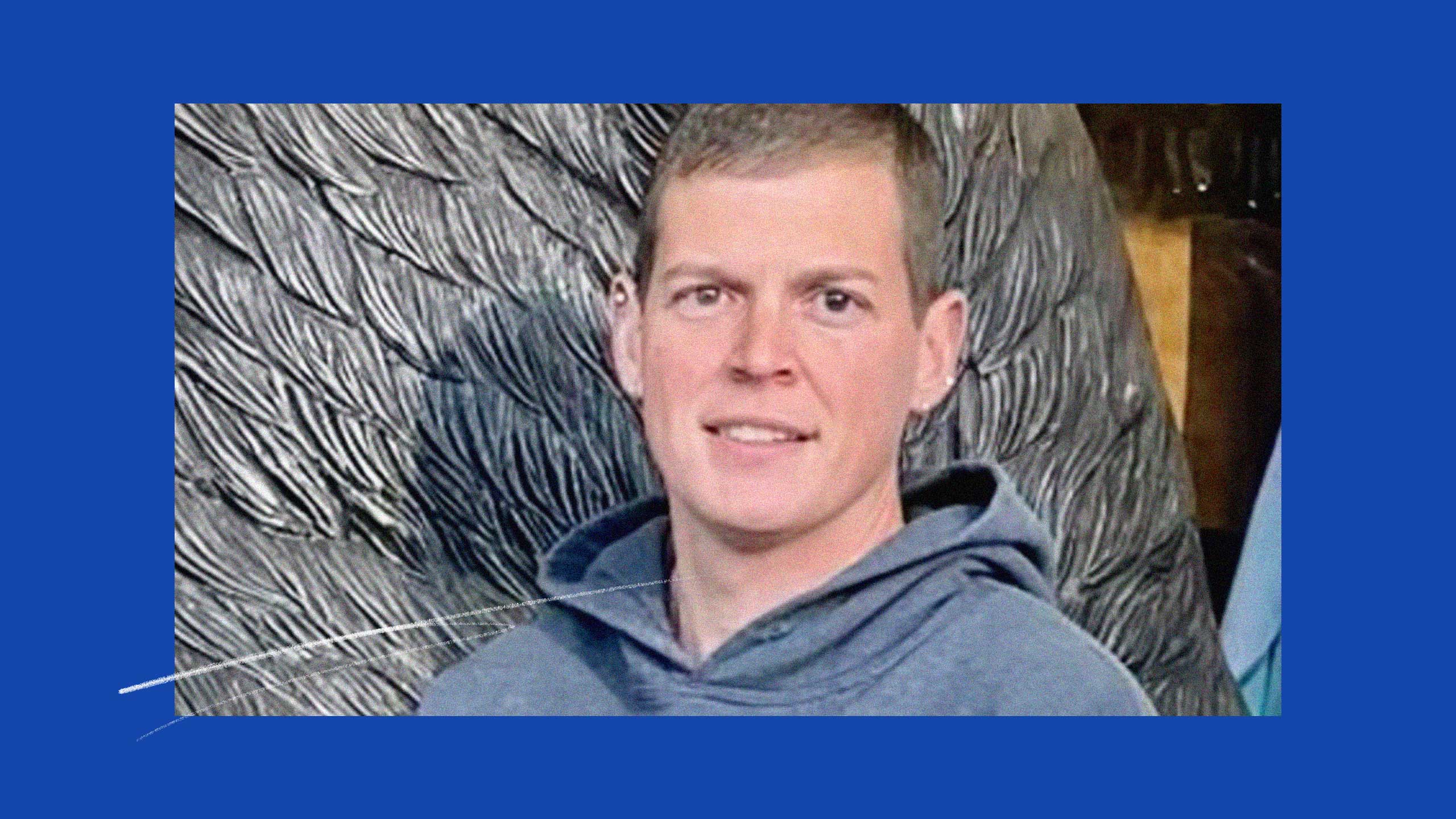Kristin Kingrey says she has received so much harassment as a member of the West Virginia Air National Guard (WVNG) that she started carrying a book of military regulations with her at all times. The problem stems, as she explains, from the fact that she doesn’t “fit the mold of what they feel a female lesbian should look like.” At 37, Kingrey stands 185 cm tall and describes herself as on the “more masculine side,” with broad shoulders and a strong jawline. She keeps her dusty brown hair short, close-cropped in a military style.
“I carry a large presence,” she tells Xtra. “It just does not sit well.”
Kingrey stresses multiple times during our conversation that her appearance is fully within the WVNG’s guidelines, but she says that hasn’t stopped other service members from frequently making comments about the way she looks. Rumours allegedly spread that she was transitioning, for instance, and she recalls that a male colleague once approached her to ask when the military started letting men wear earrings.
While Kingrey affirms that these incidents were “hurtful,” she kept her head down and kept doing her job. But after Kingrey says she was denied a series of job opportunities when a male superior complained that she wasn’t feminine enough, she filed a lawsuit claiming “discrimination and retaliation” on the part of the U.S. Armed Forces.
The impending court battle will be a “long, dark and lonely road,” Kingrey admits, but ultimately she believes it’s one worth taking. “This is probably one of the toughest fights that I’ve encountered in my 37 years of life so far,” she says. “What has happened to me was blatantly wrong, but what keeps me going is that I’m after positive change. I never want another person to have to deal with this anymore.”
A 19-page complaint filed to the U.S. District Court for the Southern District of West Virginia in November 2021 alleges that Kingrey was offered a position working as a Human Resource Specialist within the WVNG in 2019. Shortly after that offer was made to her verbally, court documents claim that Col. Michael Cadle, a vice wing commander within the unit, called a meeting with a member of the hiring committee to encourage Kingrey to wear makeup and grow her hair long.
The suit claims that Cadle’s “inappropriate, disparaging and intentionally discriminatory comments” included a warning that Kingrey’s military career would be “negatively impacted” unless she adopted a more traditionally feminine appearance.
That alleged threat came to fruition, according to the complaint. The WVNG rescinded their offer of employment after reportedly informing her that the position was no longer available due to budget cuts. When the job listing was reposted 18 months later, the suit claims another candidate was hired instead. Kingrey adds that she was never even informed that a post she had already accepted was being made available again.
When Kingrey applied for another job in 2020 working as an HR specialist, she says she was passed over. “It’s actually a job that I had been doing previously,” she recalls, affirming that she was “one of the stronger candidates.” “At this point, I’m starting to connect the dots.”
Attorney Michael Hissam says the treatment his client alleges violates the Supreme Court’s 2020 decision in Bostock v. Clayton County, which found that federal non-discrimination laws barring discrimination in employment also apply to LGBTQ2S+ workers. That ruling not only forbids employers from terminating workers or refusing employment based on their sexual orientation or gender identity but also prevents discrimination on the basis of gender expression, according to Hissam.
“Even before you get to the sexual orientation issues, you can’t discriminate on the basis of gender nonconformity,” he tells Xtra, noting that he believes his client faced both types of bias. “Kristin has served her country well for 14 years in the military. She’s done everything that they’ve asked her to do.”
The U.S. military has denied that the treatment Kingrey alleges was discrimination, claiming an internal investigation revealed no misconduct had taken place.
“As a matter of policy, the WVNG does not comment on matters that are currently pending in litigation,” a spokesperson said in a statement issued in December. “But generally, the WVNG advised an outside agency who is charged with conducting investigations that are prompt, fair, and impartial in matters like this one. They produced a report with the factual record, and it was determined that no discrimination and/or harassment occurred.”
“As such, we are continuing the process to present the facts to fully resolve this matter in the court system,” the representative added, stating that the WVNG is “committed to an inclusive and diverse workforce free from harassment.”
Kingrey maintains the routine abuse she faced in the military is common for LGBTQ2S+ service members. Although she declined to offer examples, a 2020 study from Oregon State University found that an overwhelming number of LGBTQ2S+ troops reported experiencing some form of abuse during their military service. More than four in five queer service members (80.7 percent) said they had been harassed over their sexual orientation, and about a quarter (25.5 percent) had been sexually assaulted.
The experiences of LGBTQ2S+ service members like herself illustrate that the “ghost of ‘Don’t Ask, Don’t Tell’ still lingers,” according to Kingrey. Although she says the military has made some strides 11 years after the ban on openly queer servicemembers was lifted, Kingrey compares its stated commitment to inclusion to an empty storefront.
“For those that believe that this type of discrimination doesn’t exist, it does,” she says. “It’s still happening. People’s lives are being impacted, not only professionally but also personally. This is a very heavy, heavy thing to carry.”


 Why you can trust Xtra
Why you can trust Xtra


